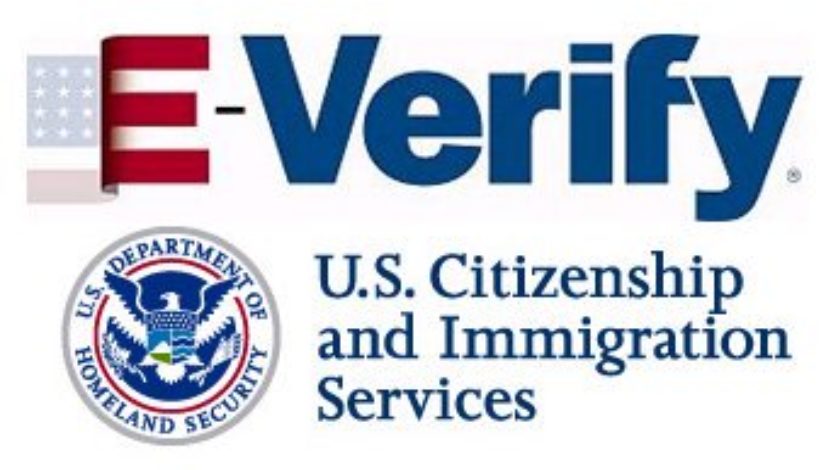Complying with I-9 and E-Verify Requirements in the US
With the recent changes in the I-9 forms and the looming requirements for the E-Verify system to become mandatory, we wanted to pull some information together to help you better understand what to expect moving forward. We will be publishing some information from various sources to help you better understand the laws and the process moving forward.
Background
The foundational federal law is the Immigration Reform and Control Act (IRCA) of 1986. IRCA requires all U.S. employers, regardless of size, to complete a Form I-9 upon hiring a new employee to work in the United States. Reverification of eligibility for employment in the United States may also be required under certain circumstances. The task of properly completing I-9 forms is, in most cases, a simple matter of carefully reading and following the detailed written instructions. However, in some situations it is helpful to seek guidance beyond the written instructions for the Form I-9.
The federal government uses E-Verify to enhance enforcement of federal immigration law. E-Verify is mandatory for federal contractors with contracts containing the Federal Acquisition Regulation (FAR) E-Verify clause, and some states require the use of E-verify for employers. Other employers may choose to use E-Verify voluntarily to supplement Form I-9 and ensure employment eligibility.
States have increasingly become involved in verifying eligibility to work in the United States. State involvement in the essentially federal realm of immigration enforcement was born out of a perceived failure by the federal government to effectively enforce federal immigration law, and is a hotbed of political contention that frequently ends up in constitutional challenges to immigration-related laws enacted by states.
Federal Law: The Immigration Reform and Control Act and Form I-9
In 1986, Congress enacted IRCA in an effort to address the problem of persons illegally immigrating to the United States and becoming employed by U.S. employers. To address this problem, IRCA requires all employers, regardless of the number of employees, to verify the identity of new employees and their eligibility for employment in the United States. IRCA imposes civil and criminal fines penalties for employment of illegal aliens. Individuals responsible for IRCA compliance can be held personally liable. IRCA also prohibits discrimination on the basis of citizenship or national origin.
Employment verification is not required for persons hired, referred or recruited prior to November 7, 1986. Employees, including illegal aliens, have grandfathered status if their employment began prior to November 7, 1986, and “continues.” Employment is “continuing” when an employee transfers within the company to another location, returns from employer-approved paid or unpaid leave of absence, is recalled from layoff that did not result in termination of employment, or is employed by a related or successor employer. Employees lose grandfathered status when they are lawfully terminated by the employer, quit or do not have a reasonable expectation of re-employment.
IRCA prohibits an employer from:
- Knowingly hiring an alien who is not authorized to work.
- Hiring any individual without verifying identity and work authorization.
- Continuing the employment of a person if the employer knows or should know the person is not authorized to work.
- Knowingly forging, counterfeiting, altering or falsifying any document to satisfy any immigration-related requirement.
- Knowingly using, accepting or receiving any false document to satisfy any immigration-related requirement.
- Discriminating in hiring or firing against a citizen or intending citizen on the basis of national origin or citizenship status.
- Intentionally requiring an employee to present any specific document or combination of documents for Form I-9 purposes.
- Intentionally requiring an employee to present more or different documents than are minimally required for the employment verification process.
- Intentionally refusing to honor documents that reasonably appear to be genuine.
In March 2013, the U.S. Department of Homeland Security (DHS) revised Form I-9. The revised Form I-9 made several improvements designed to minimize errors in form completion. The key revisions to Form I-9 include:
- Adding data fields, including the employee’s foreign passport information (if applicable) and telephone and e-mail addresses.
- Improving the form’s instructions.
- Revising the layout of the form, and expanding the form from one to two pages (not including the form instructions and the List of Acceptable Documents).
Prior Form I-9 versions are no longer acceptable. Employers can find the most current form on the U.S. Citizenship and Immigration Services (USCIS) website. A Spanish-language version of Form I-9 is available for use in Puerto Rico only.





